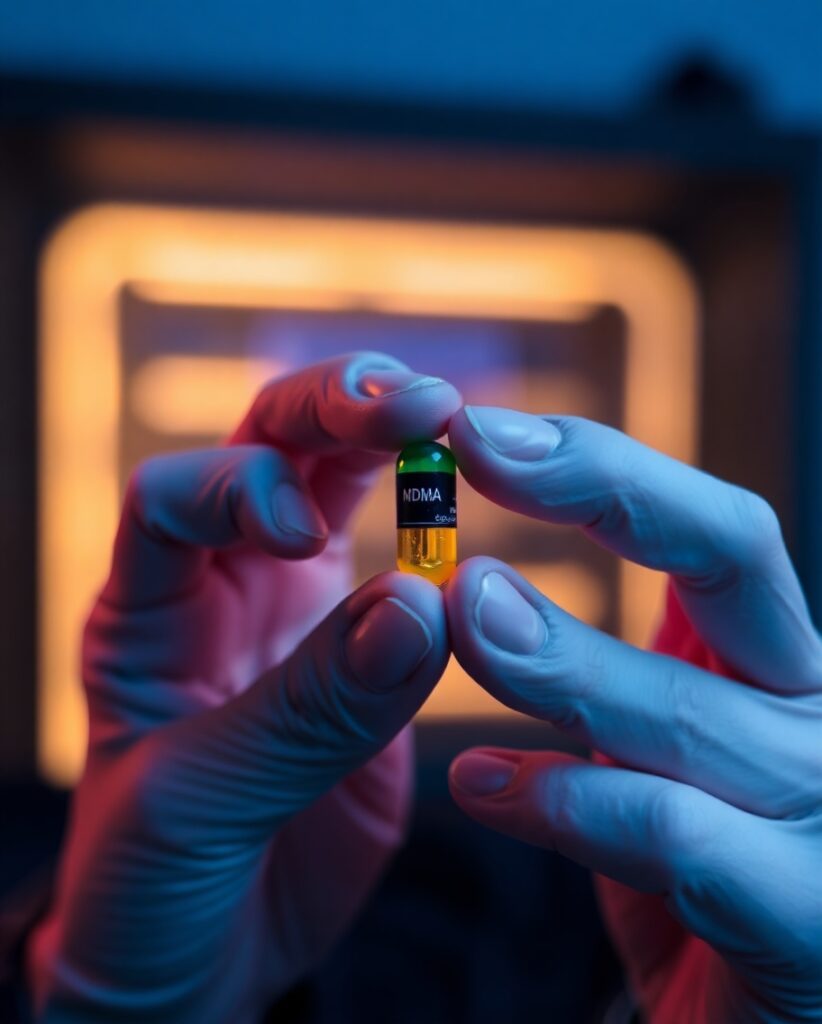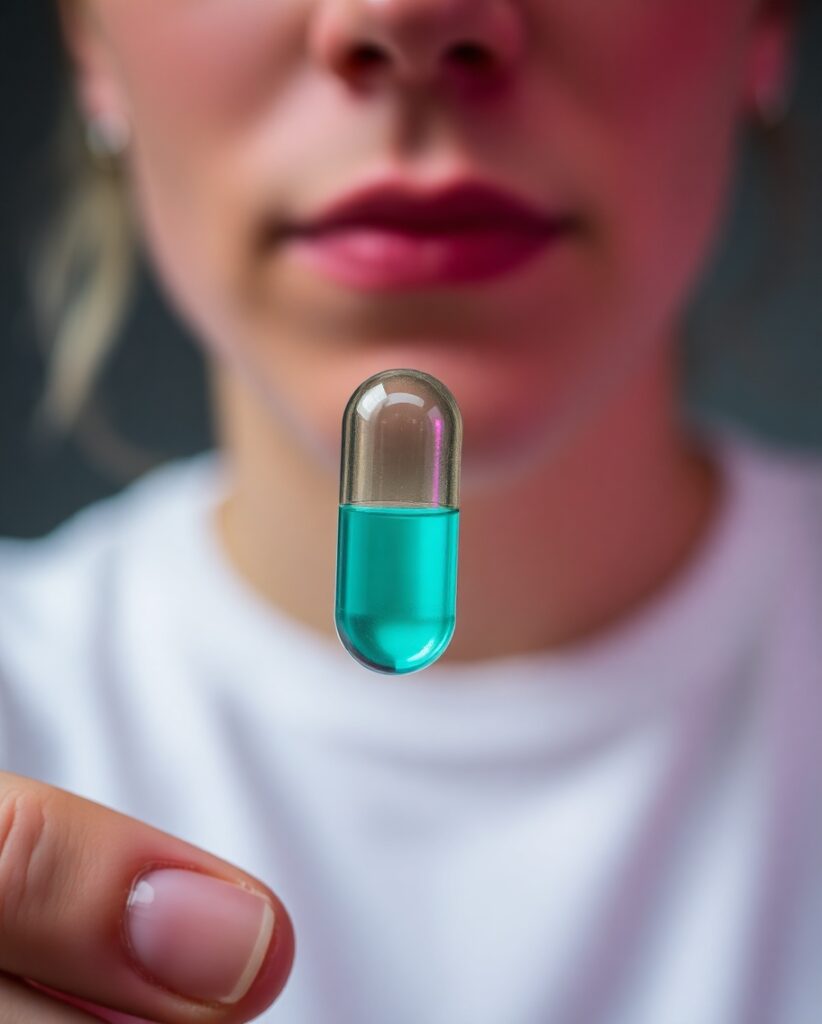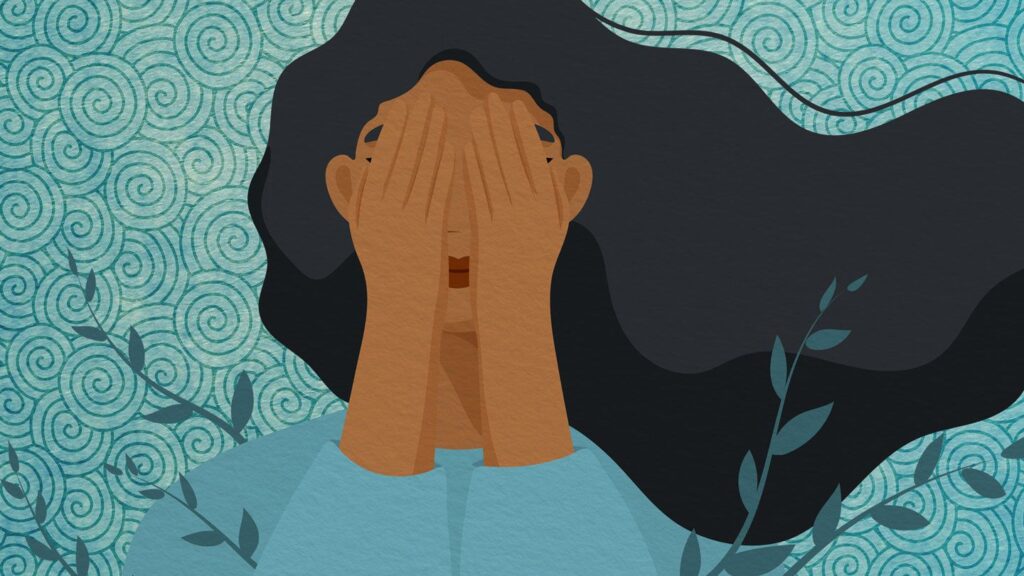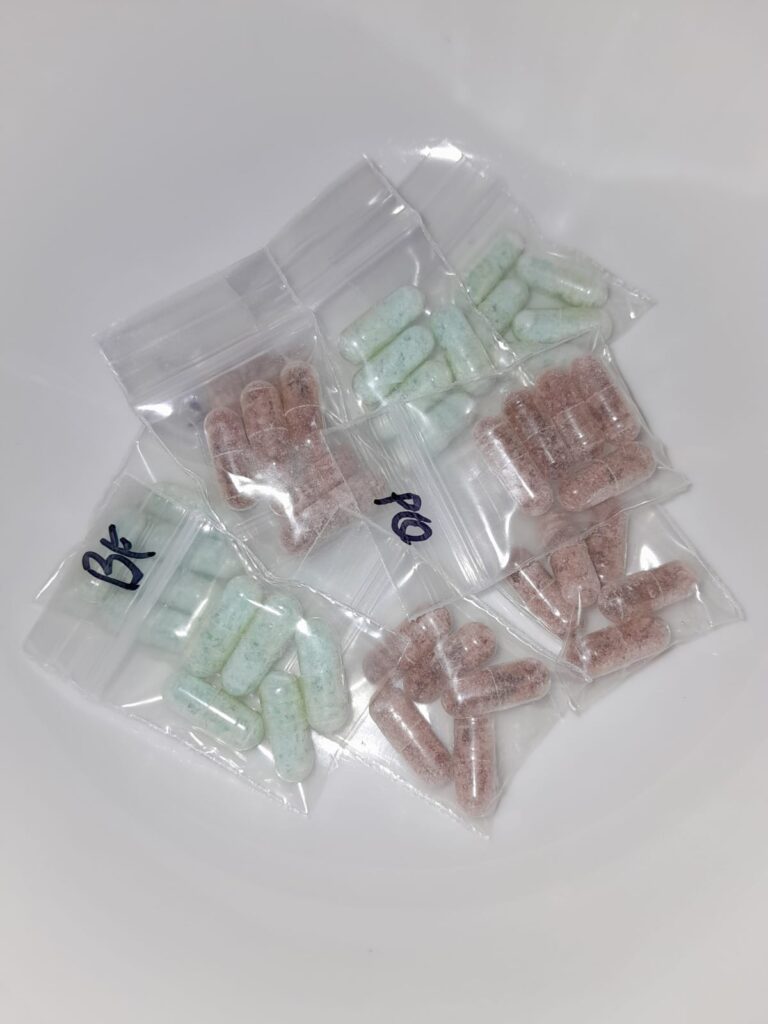
In recent years, the realm of mental health treatment has witnessed a paradigm shift, with growing interest in the therapeutic benefits of substances traditionally viewed as recreational substances. One such substance, 3,4-methylenedioxymethamphetamine (MDMA), has emerged as a focal point in discussions about innovative treatments for depression. While historically associated with the party scene, MDMA’s properties have piqued the interest of researchers and mental health professionals as a potential tool for alleviating the burdens of major depressive disorder (MDD). This article will delve into the nature of MDMA, the complexities of depression, and the emerging studies surrounding MDMA.
Understanding MDMA
Although commonly associated with recreational use, MDMA has unique effects that can promote emotional openness and enhance feelings of empathy, connection, and well-being. The substance primarily acts on neurotransmitters in the brain, including serotonin, dopamine, and norepinephrine, leading to heightened emotional experiences.
Key Properties of MDMA

– **Serotonin Release**: MDMA significantly increases the release of serotonin, the neurotransmitter often linked to mood regulation.
– **Euphoria and Empathy**: Users often report feelings of euphoria, emotional closeness, and enhanced sensory experiences.
– **Reduction of Fear**: MDMA may reduce fear responses, making it easier for individuals to confront and process traumatic memories, which can be incredibly beneficial in therapeutic settings.
Understanding these properties is crucial as scientists explore MDMA’s application in treating mental health disorders, particularly depression.
What is Depression?

Depression is a multifaceted mental health disorder that affects millions of individuals worldwide. Characterized by persistent feelings of sadness, hopelessness, and a loss of interest in previously enjoyed activities, depression can severely impede daily functioning.
Symptoms of Depression
– **Persistent Sadness**: A continuous feeling of emptiness or despair.
– **Loss of Interest**: Withdrawal from hobbies and social activities.
– **Changes in Appetite or Sleep**: Significant weight loss or gain and altered sleep patterns.
– **Fatigue**: A general lack of energy and motivation.
– **Thoughts of Death or Suicide**: In severe cases, individuals may contemplate self-harm.
The complexities inherent in depression require innovative treatment approaches, especially for individuals who have not found success with traditional therapies such as medication or cognitive behavioral therapy.

MDMA as a Treatment for Depression
Recent studies are beginning to highlight the prospective benefits of MDMA in treating depression. Early clinical trials and research indicate that, in controlled settings alongside psychotherapy, MDMA may enhance treatment effectiveness.
Mechanisms of Action
MDMA assist in depression treatment through the following mechanisms:
1. **Enhanced Emotional Processing**: By promoting emotional openness, MDMA allows individuals to confront painful memories and discuss feelings in a therapeutic environment.
2. **Increased Therapeutic Alliance**: The feelings of connection and trust that MDMA can foster may enhance the relationship between the therapist and the patient, allowing for more effective engagement in therapy.
3. **Neurochemical Changes**: The significant release of serotonin can lead to short-term relief from depressive symptoms, which may enable patients to better engage in longer-term therapy.

Conclusion
The exploration of MDMA as a treatment for depression reflects an evolution in our understanding of mental health therapies. As researchers continue to uncover the potential benefits of this substance, it is paramount that MDMA’s therapeutic use is approached with caution and respect. What is clear is that for many, traditional treatments are not enough, and innovative approaches like MDMA-assisted therapy may offer hope for those grappling with depression. As we continue to investigate its efficacy and safety, MDMA play a critical role in the future landscape of mental health treatment.





